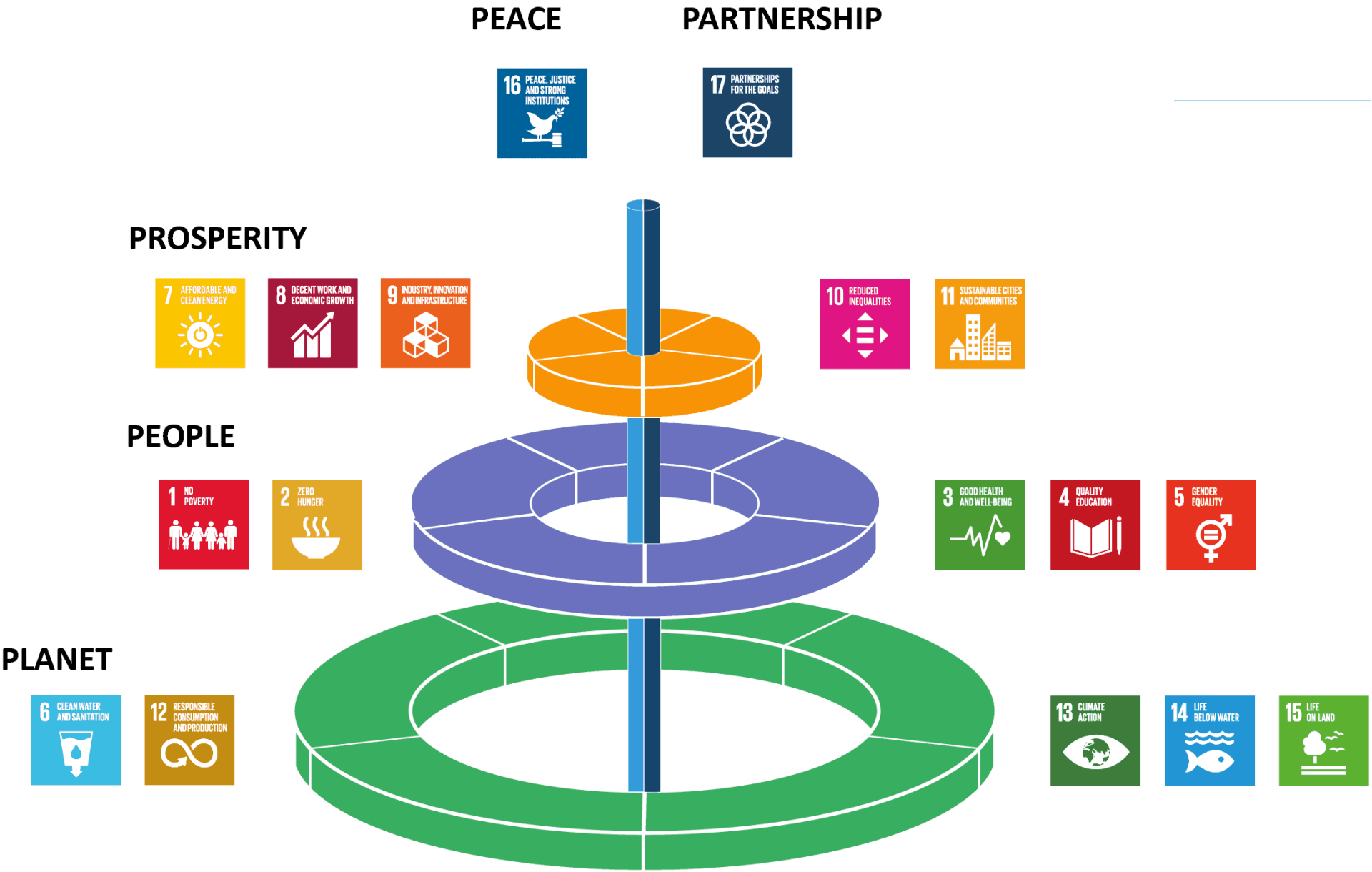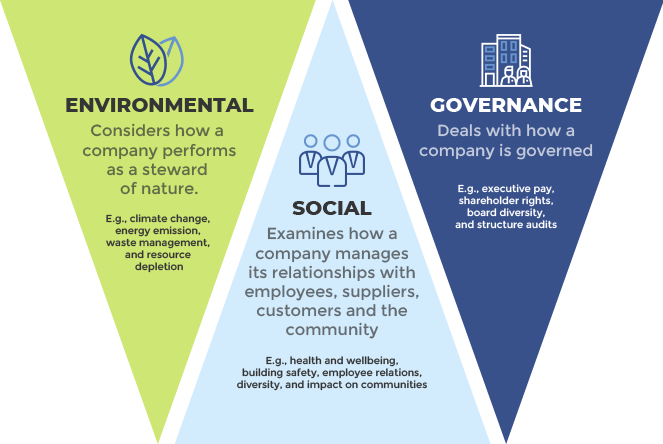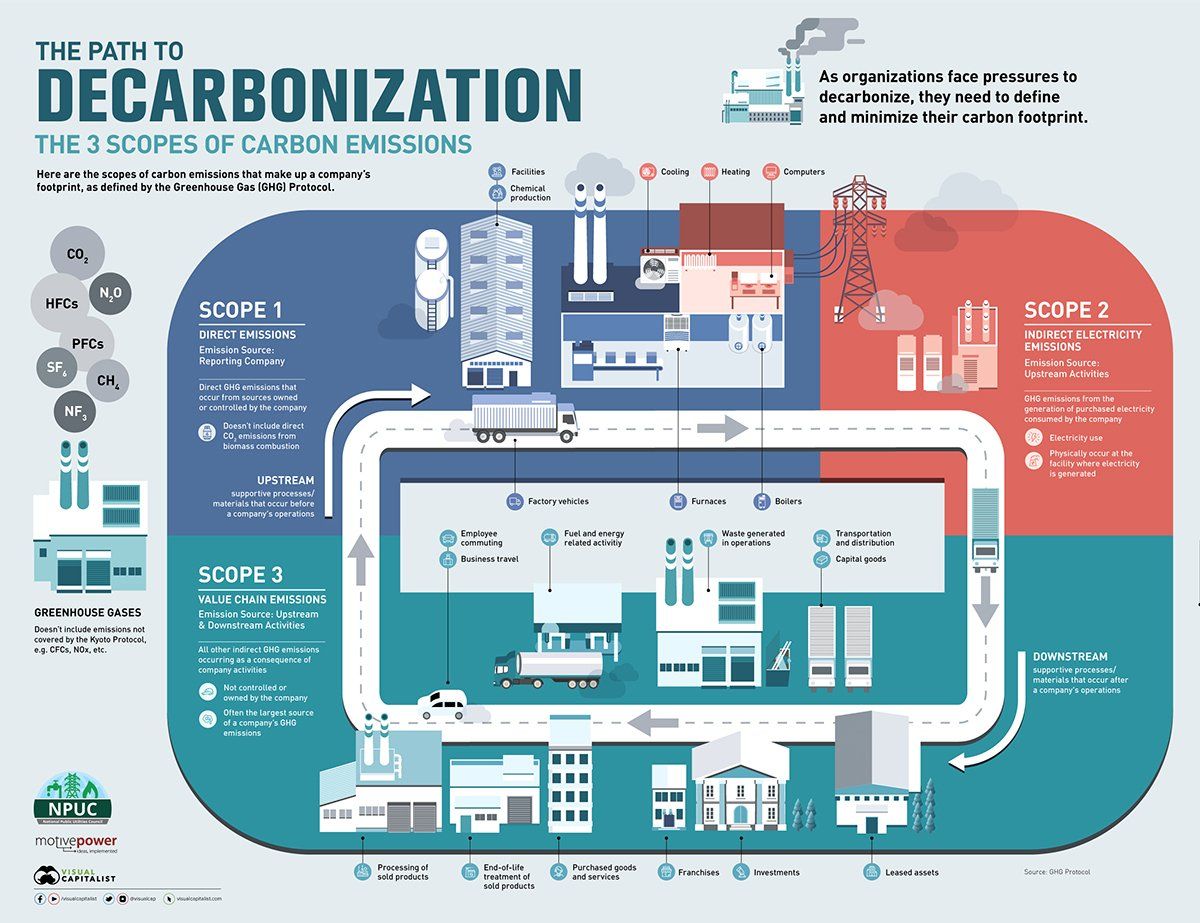SUSTAINABILITY 101
Want to be more sustainable but don't know where to start? We can help
Understand
Talk to us and we will help you understand what sustainability is. It does not matter where your starting point is we can help you develop your understanding.
Educate
Explained in simple terms and exploring the key concepts we help you to get a greater understanding of the subject.
Through learning we can help you consider what is the best course of action is.
Advise
Once you have a better understanding of the issue, we can help you plan a route forward.
We can integrate sustainability within your strategy or develop stand alone sustainability elements to assist your journey..
Sustainability Multiple Definitions BUT with One Purpose.
There are multiple defintions of sustainability but they are all seeking to making the world a better place
For example:-
Global Reporting Initiative (GRI) defining corporate sustainability:
How an organization contributes, or aims to contribute in the future, to the improvement or deterioration of economic, environmental and social conditions, developments, and trends at the local, regional or global level
United Nations definition of sustainable development:
Defined as “development that meets the needs of the present without compromising the ability of future generations to meet their own needs”
Merriam Webster (Dictionary):
Able to be used without being completely used up or destroyed
All the definitions vary but all seek to ensure that business moves forward in a more responsible manner.
What are the Sustainable Development Goals (SDGs)?
In 2015, 193 member states of the United Nations adopted 17 SDGs with the aim of ending poverty, fighting inequality and injustice, and tackling climate change by 2030.
The SDGs cover broad challenges such as economic inclusion, diminishing natural resources, geopolitical instability, environmental degradation and the impacts of climate change. Business, academia and non-profit organisations globally played a part in their development.
Many companies have also been working to address environmental, social and economic issues. They recognise that they can address complex sustainability challenges only by scaling up their efforts and collaborating with peers, industry and sector bodies, customers, governments, non-profit organisations, and wider society.

is your business considering as to whether to adopt a sustainability strategy then please look at our sustainability strategy page using the button below.
What is environmental, social and governance (ESG)?
ESG is the term used to identify matters that traditionally are associated with sustainability or corporate responsibility, but that are deemed to have a material financial impact on an organisation’s short- and long-term value. These matters can vary based on industry and geography, on the nature and scale of the organisation’s operations and supply chain, on its business strategy and values, and on its investor base.
Climate change is one of the highest-priority risks for investors today because of the financial stability risks it could bring. Investors and issuers alike are relying on new investor-led guidance — including the Taskforce on Climate-related Financial Disclosures (TCFD) — to better assess, manage and disclose climate change risks to companies and portfolios. Many boards and companies today are therefore focusing their ESG efforts on their assessment of, and response to, climate change risk, either as one of several top risks or as a singular entry point into the ESG domain.

Do you want to find out more about ESG and how we can help you with your ESG strategy? If so click on the button below.
Carbon Footprints, Net Zero and Scopes 1,2 and 3
Given that the key to halting climate change is to decarbonise, that is, to reduce carbon emissions, measuring carbon output is important. If we are to achieve net zero then we need to ensure we reduce carbon emissions so that when we combine our emissions with measures taken to offset them we can arrive at Net Zero.
The carbon footprint of a company is often segmented into Scope 1, Scope 2 and Scope 3 emissions.
Scope 1 emissions are those that occur from sources owned or controlled by a company.
Scope 2 emissions are supply-chain emissions related to purchased electricity, steam, heating and cooling for the industry’s own use.
Scope 3 emissions are all other supply-chain emissions including those related to financial assets owned by the company.

Do you want to know more about carbon emissions, carbon footprints and how we can help you? Simply click on the button below.
